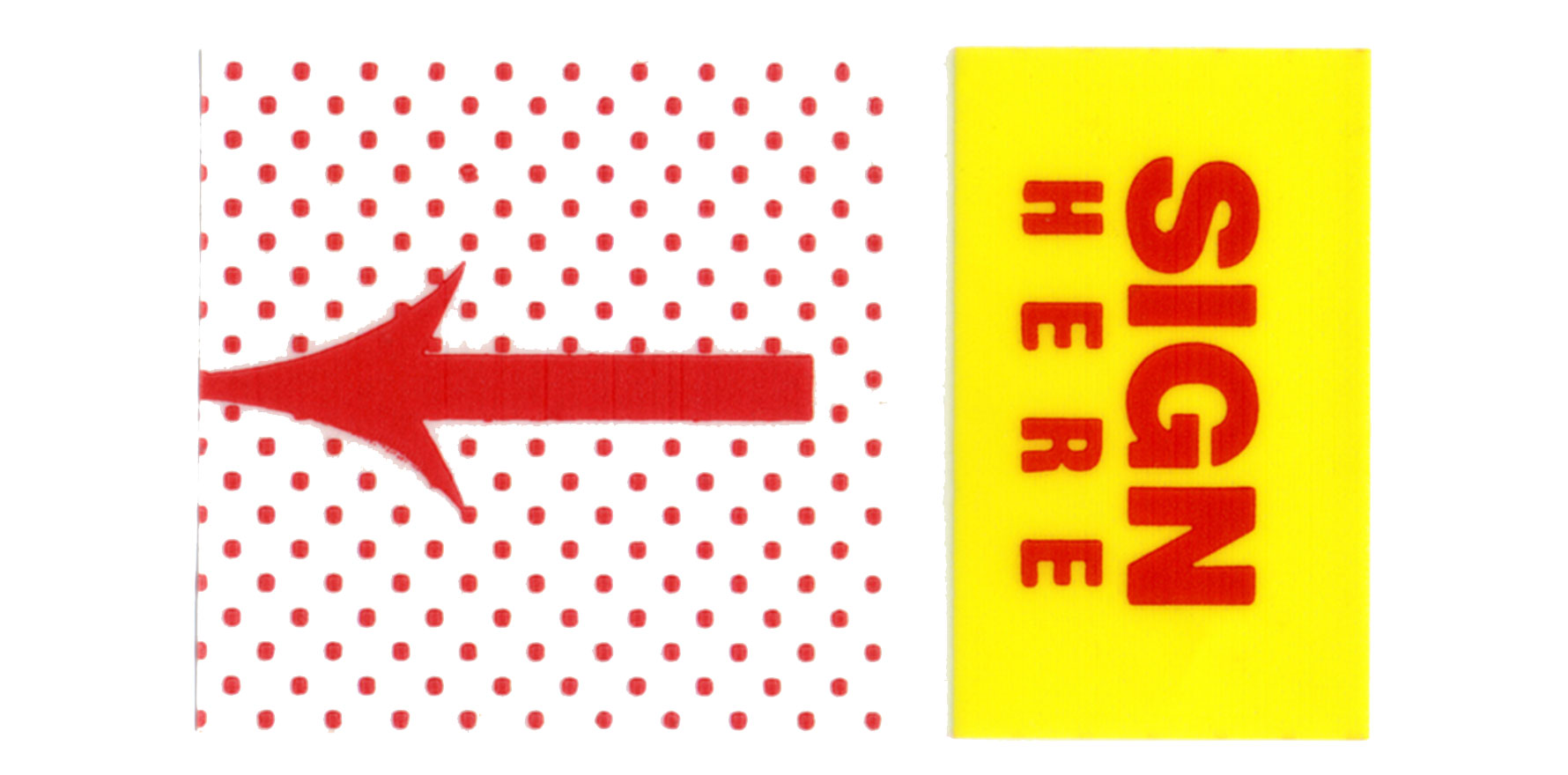Telehealth aesthetics has some serious traps for your wallet and your reputation if not your conscience.
I’m not going to talk about the budget – we opened our presents weeks ago.
What may be a more pressing financial and professional issue for GPs was brought to wider attention by a series of articles on the medical aesthetics industry by Nine journalists Clay Lucas and Henrietta Cook.
They began on Saturday with this article on the way some telehealth companies operate in aesthetics, with doctors giving the most cursory of remote sign-offs and letting the nurses do the work.
They followed up on Sunday with the potential for predation on vulnerable patients and the lack of adequate screening for body dysmorphic disorder (BDD), which can affect up to 20% of the general population.
The third piece on Monday, was about the outright non-compliance by aesthetic providers since the TGA began cracking down in late 2023.
Patients should be more worried about these operators, but so should doctors, particularly about billings and their medical indemnity.
At a conference held by the Australian Society of Cosmetic Dermatologists in Melbourne at the weekend, one presenter warned, quoting MDO Avant, that doctors who script for these telehealth companies must declare the total fees generated by their prescription in their gross billings to their insurer, not just their 52 seconds’ worth.
The doctors who write the scripts often don’t even know what the nurses, who are independent contractors, are charging.
Yet, if they do not declare those earnings, neither they nor the nurse who physically performs the procedures will be fully covered, as the nurse’s indemnity depends on the doctor’s. Both nurse and doctor may then be personally liable for any damages resulting from a claim, and the doctor may be in breach of AHPRA requirements.
Of course, the greater the declared income, the higher the premiums.
A colleague has told me Avant gave her the same advice. I’ve contacted my non-Avant MDO and am awaiting a response from them. (UPDATE: My MDO gives different advice, saying the GP needs to declare the gross income only for their prescribing, not that of the nurse as well.)
Are the doctors currently scripting for these companies aware of this, or whether their own MDOs work this way? Are the operators aware? Do they care?
When I ventured into the medical aesthetics space in 2015-16 I scripted briefly for two or three of these companies.
Everything described in the Nine Saturday article was true then too, except how payment worked. I was paid by the company in products per hour worked. I was worked off my butt. My phone was constantly ringing, there was not time for a toilet break and in a small handful of cases, due to the wait times, some nurses injected the patient while waiting to get on to the token Zoom call with me to sign off on the drugs.
There were hundreds of phone calls in a three-to-four-hour shift, during which if I took too long in a consult or asked questions beyond the 52-second routine shown in the article, people got annoyed with me. I was seen as simply the obstacle to a signature so someone else at the other end, often in a different state, could do the “real work”.
Related
It’s very similar to how people view specialist GPs now: someone to prescribe drugs based on their Google search or issue antibiotics or medical certificates or referrals to see a “real doctor”.
When I began in the first company, I got to know some of the nurses and developed trust. But these companies expand rapidly and in due course I barely knew who I was talking to, much less scripting for. They were all just names – patients and nurses alike.
My scripts became more detailed with specific doses for treatments and limitations on what areas they could inject to avoid them doing something illegal that I’d not sanctioned or which had not been discussed with me.
Eventually I left because, like bulk-billing GP work, it was soul destroying.
It was the same when I worked briefly during covid for a telehealth menopause service that was effectively a mill for bioidentical hormones and naturopathic services.
In both services, I was a hindrance and a nuisance. I didn’t convert enough people or said no to drugs too often or asked too many questions.
Nine’s series shows that the model has not changed.
The regulators have been oblivious because they rely on the specialist colleges keeping their members in line. Cannabis, medical aesthetics and menopause are not part of a recognised speciality and none of them has an entry requirement, minimal training standards, supervision or exams to determine competency.
If, as Avant advised, the prescribers’ billings for indemnity are the sum of their own billings AND that of any nurses they script for, then how is it worthwhile to script for anyone other than yourself? If I’m being paid $15 per script while a nurse charges $300-$2000, is it worthwhile?
These companies are luring junior and inexperienced people, both doctors and nurses, with the promise of quick riches and bypassing years of hospital work, with just a two-day bootcamp that will enable them to work independently.
It’s a closed loop: the nurses pay these companies for training then rely on them for products and work. The doctors see the scripting work as easy money that bypasses years of applying for speciality training, but they may be taking on far more risk than they know.
These practices encourage treating medicine and healthcare as a retail service: people come in and order what they want and as long as they tick a few boxes and can pay, you, the person with a licence to harm, who’s held to a higher standard than the rest of the population, will say yes.
You skip the history, assessment, diagnosis – all that distinguishes medicine from other health fields – and rubber-stamp the patient’s predetermined script.
For all the complaints against regulation of this industry – which is female-dominated, so it’s misogyny – there is no area of medicine in which nurses can work independently or buy and store Schedule 4 drugs themselves. None.
The buck stops with the prescribing doctor.
So why on earth are we, as junior doctors and even GPs, so naïve as to follow this lure of “easy” money that may end up being so much harder than the fruit of our own labour?
Dr Imaan Joshi is a Sydney GP; she tweets @imaanjoshi.





